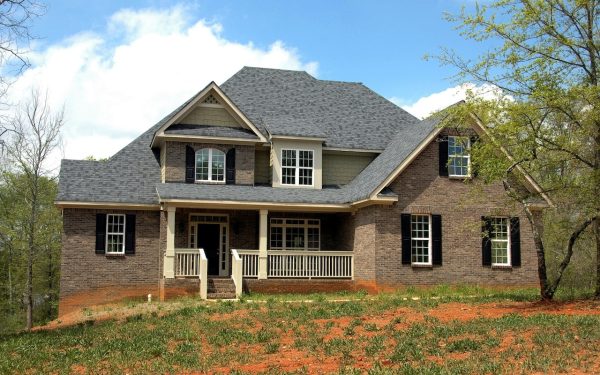
Investing in a home you own can be a wonderful experience, not only because it adds further utility and the chance to conform the space to your living standards, but it will also add value that you could one day benefit from during a sale.
Of course, it’s also important to consider the value in your investments. Some have more of an effect than others. For example, it might be worth investing in a better driveway material, like resin, than tarmac which can crumble after a few years and lead to a need for replacement once more.
Investing in durable upgrades to your home takes time to get right, but it will make a difference to how comfortable you live there. But what investments are worth the upfront cost? How can we determine how long a particular implementation will last? And from there, will such an investment sustain its value? In this post, we’ll discuss how to achieve that, and more:
Renewables & Solar
Investing in renewable energy sources, such as solar panels and fittings, can pay for itself over time. The money you save in sourcing energy, especially if you live in a sunny area, can be more than worthwhile to implement. Moreover, solar panels have only reduced in price and grown in quality over the last ten years, meaning that now is as good a time as any to implement them. If you maximize the surface area of your roof through the next suggestion in this post, you can add more, and orient those panels effectively for easy cleaning, maintenance, and aesthetic value.
Roofing Systems
A roof can last over a decade, sometimes two, and sometimes even more depending on how well it’s been implemented and the material you use, as well as the maintenance efforts you apply over time. First, it’s good to choose the right foundation and material, and you can see the differences between a shingle roof compared to a tile roof in this linked resource. Roofing systems can also allow for strong weather protections, positive insulation, and can prevent risks such as falling tiles or leaks that can come as a result of poor installation, or old roofing application.
Energy Efficiency
Homes should be energy efficient, but they can always benefit from a more shrewd approach. Perhaps you wish to remove your radiators in exchange for electric heaters that fit on your wall and save money in terms of energy cost, thanks to their lower wattage. You might also increase insulation as suggested above, and purchase energy-efficient fixtures such as the central electric fireplace, energy-efficient security systems or smart home infrastructure too. Boilers can also have a big impact, provided you implement them correctly. In the long run, this can have a profound effect, saving you energy, and limiting your impact on the environment.
With this advice, you’re sure to invest in durable upgrades to your home, not only giving you the comforts you deserve but the reduced costs too. When you come to sell, hopefully, you’ll benefit from the improved value, too.

